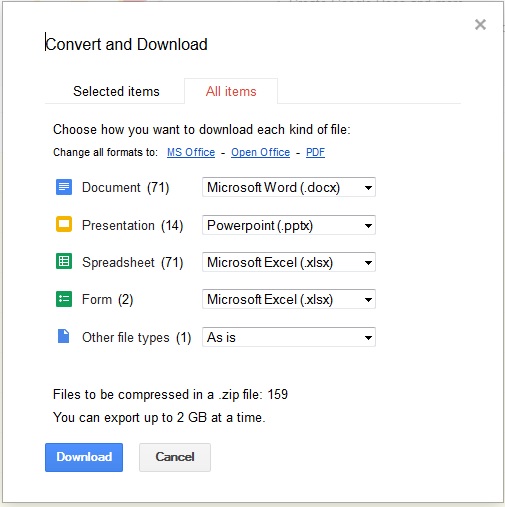
This code works for me: #load the libraries A proper recursive function needs to be written and implemented in the package. If one changes the code to that, and adds the required loops, one can automatically download the contents of the sub-dirs. The error message is misleading (it would be nice if it simply told the user to give it a data frame). However, when one attempts to get the contents of the subdir, it throws this error: > i_dir = drive_ls(files$id)Įrror: 'path' does not identify at least one Drive file.Īctually, it is simple: drive_ls() wants a data frame input with 1 row, not a character vector. The files object seems fine (replacing the strings with fillers): # A tibble: 6 x 3

Walk(i_dir$id, ~ drive_download(as_id(.x))) #loop dirs and download files inside them Here's my attempt at avoiding this issue by going into each subdir: #load the libraries Unfortunately, this doesn't work because it apparently cannot deal with folders: > drive_download(folder_id)Įrror: Not a recognized Google MIME type: The most obvious command to try is simply telling it to download the folder, hoping it will figure out the substructure: #load the libraries In my case, there are only two layers, but it would be nice with an approach that works for arbitrary number of layers.

So I want to recurse into the sub-directories and get all files from each. I have a folder shared with me with some large files. You'll then be able to open that file to see all of your data, photos, calendar files and more.There are some prior related questions ( 1, 2, 3), but nothing quite what I want, and I can't get the code example to work that Jenny Bryan posted in 2018. Google will gather all of the information you've stored across its products and will send you an email with an alert including a link or notification that it's now in one of the cloud storage services mentioned above. It took about 20 hours for me - and I then had about 148GB of content to sort through, which is a lot. Google warns the archive may take hours or days to create. You can get a link via email or have the archive sent to Dropbox, Google Drive or Microsoft OneDrive. Choose 2GB if you're on an older computer, since ZIP files larger than 2GB require newer operating systems.

If you choose 2GB and have a lot of information on Google, for example, you're going to have a lot of ZIP files. I recommend going with the full 50GB file to avoid having your data split into multiple files. Choose the file format - you can pick a.Click 'Next' at the bottom of the page.Select the products that you want to back up.You can download your own archive of everything you have stored in Google's services. Personal Loans for 670 Credit Score or Lower Personal Loans for 580 Credit Score or Lower Best Debt Consolidation Loans for Bad Credit


 0 kommentar(er)
0 kommentar(er)
